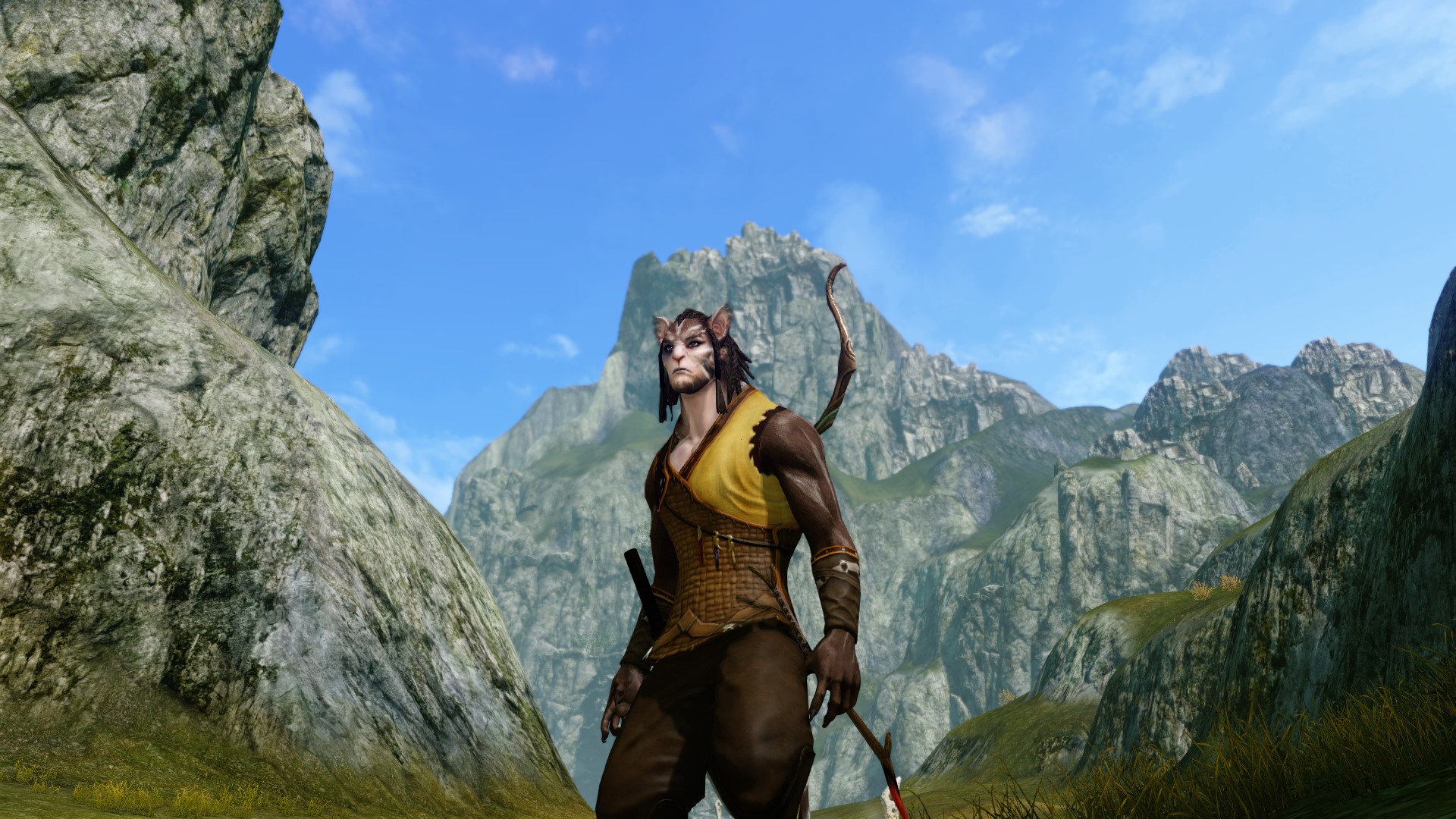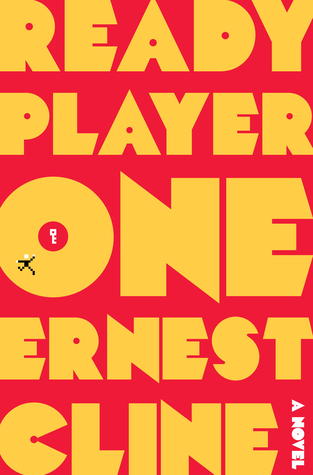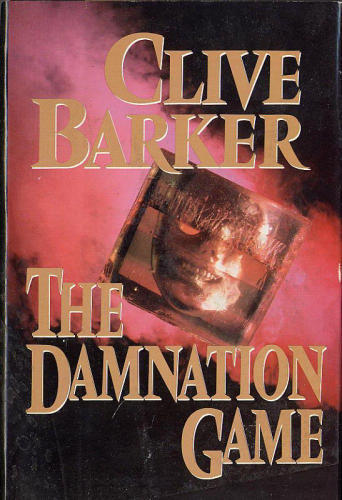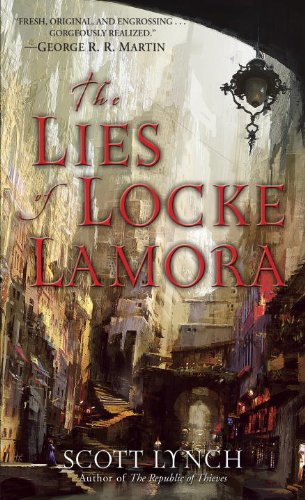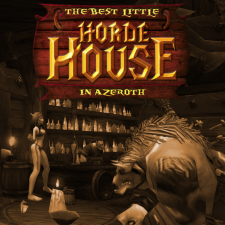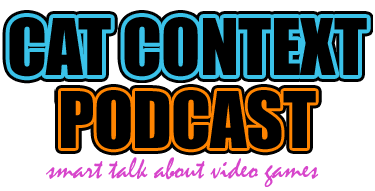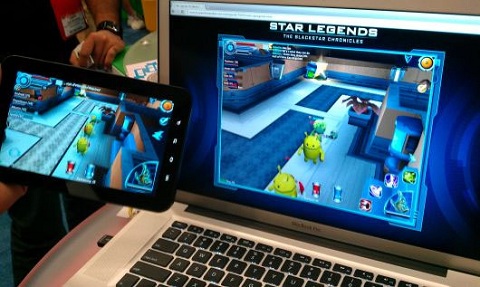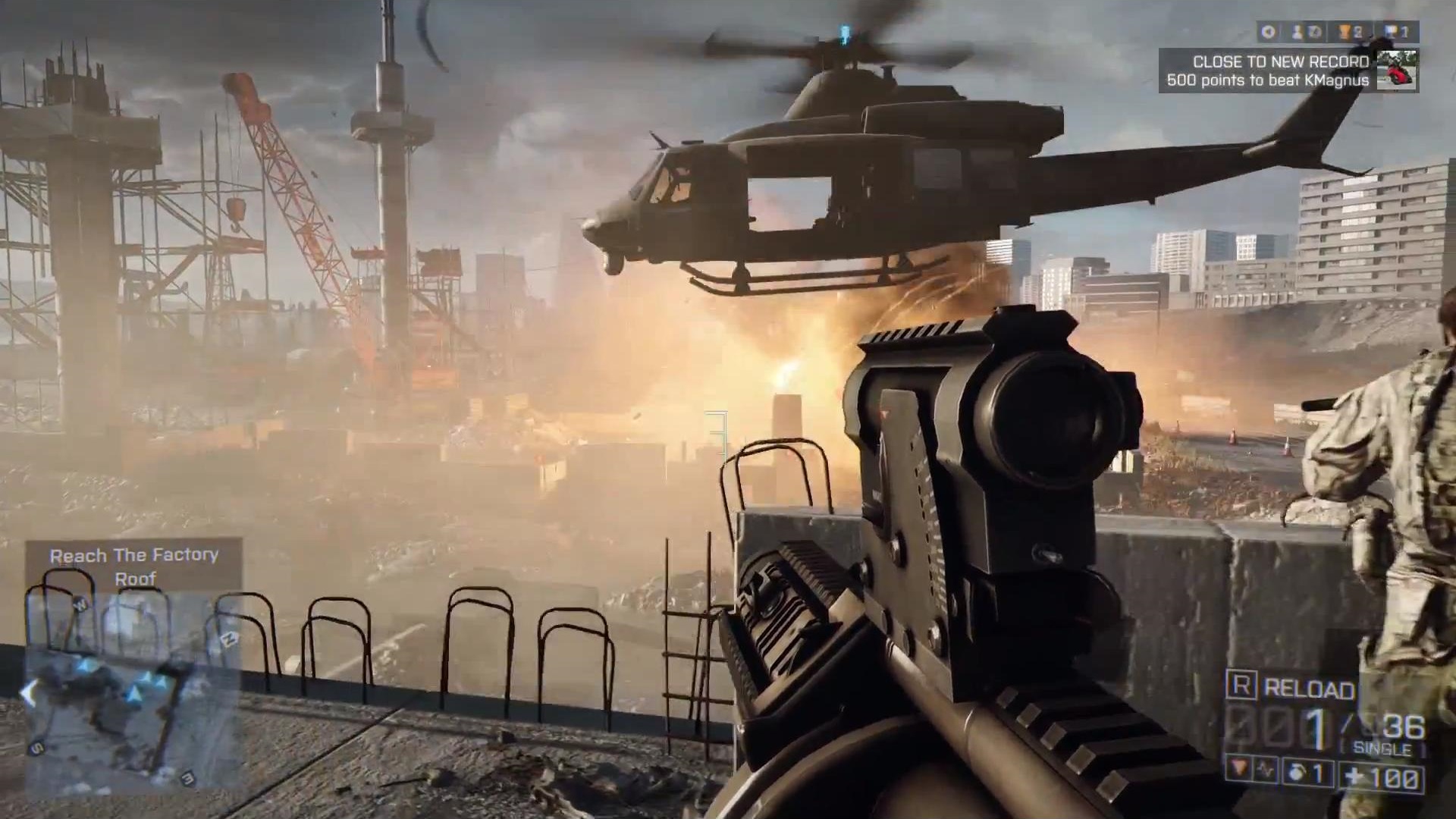 Thanks to the good folks at Trion Worlds, I was able to get an invitation to the ArcheAge alpha test. I have been excited for this game since it was first revealed, so seeing that invitation pop up in my inbox gave me quite the thrill, let me tell you! I haven’t had a ton of time to spend with the game yet but I made my way to the end of the tutorial before having to log off this morning. In general, the process of getting the game downloaded and working right has been easy with only a couple of early crashes that haven’t repeated themselves since. Trion’s new Glyph client did the job well enough but, to my disappointment, ArcheAge doesn’t (yet) feature a streaming client like RIFT or World of Warcraft, so you have to download the whole 22GB program before it will boot up. It’s like stepping back to 2012. /Gasp!
Thanks to the good folks at Trion Worlds, I was able to get an invitation to the ArcheAge alpha test. I have been excited for this game since it was first revealed, so seeing that invitation pop up in my inbox gave me quite the thrill, let me tell you! I haven’t had a ton of time to spend with the game yet but I made my way to the end of the tutorial before having to log off this morning. In general, the process of getting the game downloaded and working right has been easy with only a couple of early crashes that haven’t repeated themselves since. Trion’s new Glyph client did the job well enough but, to my disappointment, ArcheAge doesn’t (yet) feature a streaming client like RIFT or World of Warcraft, so you have to download the whole 22GB program before it will boot up. It’s like stepping back to 2012. /Gasp!
Anyhow, I’m still so early in that there’s not much point in coming to any conclusions. This is a big, deep game and I’ve experienced only the very basics of it, so I decided to bullet point my thoughts instead. Below, in no particular order, are some of my thoughts. Also, I took a boatload of screenshots but apparently they didn’t save. The game has a special mode for screenshot taking, and it has some never-before-seen-in-an-MMO features, but it’s not really conducive to on-the-fly shots. Relying on the print screen button seemed to bite me here, so count that as a lesson learned. I’ve included what I could grab after I realized this. There will be more to come — this game is stunningly beautiful and runs better than any other modern game in recent memory. No exaggeration. 145 FPS on maximum settings with 2x AA. WoW does… 60-70? Maybe?
To the list!
- I’m playing a Firran. What’s with these Eastern games and the cat-people? Then again, I like cat people. Especially since these cat-people are very Native American-like; connected to the land, similar to Tauren in WoW. The tutorial takes the form of a coming of age ceremony.
- My starting occupation (class) is Shadowplay. It reminds me of a rogue and uses a bow and daggers. I like rogues. Also, is there anything more fitting for a cat-person than to play in the shadows? Those eyes!
- Standard kill and collect question, though I like the vignette-style quest delivery, ala ESO minus the voicing.
- You can hold skill buttons to make them trigger repeatedly.
- Combat looks and feels great, though it is tab-target and very traditional. It feels slightly faster paced and the animations can be just great but I wish there was some kind of dodge. How times have changed!
- Labor points are used for crafting and gathering… limited to 1000 a day and regen at 1 per minute whether you’re online or offline.
- This game runs twice as well as World of Warcraft while looking ten times better.
- I love that you can raise animals. There are so many small details about this game that make it feel like an actual world!
- Wildstar has spoiled me. I miss double jump.
- Quest text and the UI are in English but some of the voice over is still in Korean, namely tutorial speech and cutscene dialogue.
- The mini-map is huge but looks more like the Diablo overlay (in the usual upper right-hand side). It actually hangs a little over the quest tracker.
- Quests are clearly marked. They’re on the map and you also have colored arrows at your feet. This makes me worry a little bit about exploration and how linear the game may be. I’m in the tutorial zone, though, so this could be completely incorrect.
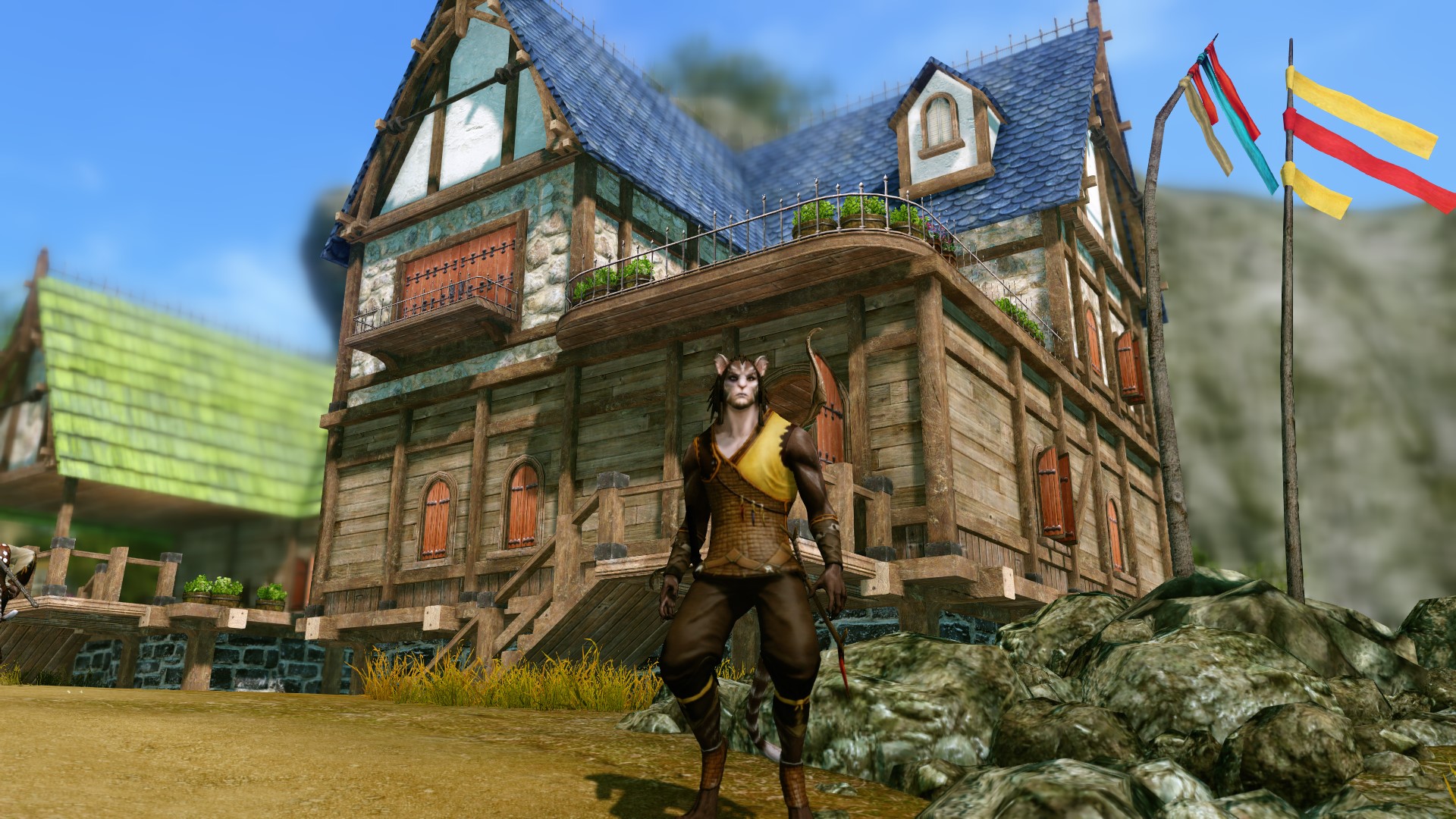
You can add Depth of Field to screenshots! As well as something called “Bokeh” which doesn’t seem to do anything currently.
- That said, this has to be the biggest tutorial zone I have ever seen. There are clear paths outlined on the map but the actual land is expansive.
- There is a trial system in the game! My understanding is limited but from what I gather, when you steal from someone else — like their crops — that player can put you on trial and then we all vote on your jail time. Trials just pop up in chat. It’s amusing. Apparently, you can take up a quest after 30 to take part in the jury and decide how many minutes offenders spend in jail.
- You regen by playing an instrument. I got excited for a music system but it’s just a cast bar. /sadpanda
- You get your first glider early but it wasn’t exactly what I expected. After completing my tutorial trial, I was rewarded with my first one. It’s pretty hard to maneuver as you are literally just gliding downward. I guess I was thinking more along the lines of a hang-glider in Far Cry 3? Maybe the more advanced ones will work this way.
- I absolutely LOVE the depth of this game. Faction chat was just filled with questions like “where do you get worms for fishing?” and “what type of food do you feed geese?” and “how long does it take a fawn to grow into a horse?” There are leaderboards for fishing competitions. You can buy seeds and livestock and manage a farm. All of the questions might mean that these systems are poorly explained. I don’t know since I’m not there. What I DO know is that I love that they exist. These are the systems virtual worlds are made out of. Sandbox, theme park, whatever. It’s great to see players figuring things out in this way.
That’s all for now. Is anyone else in? If so, feel free to add me under the name “Syeric”.



